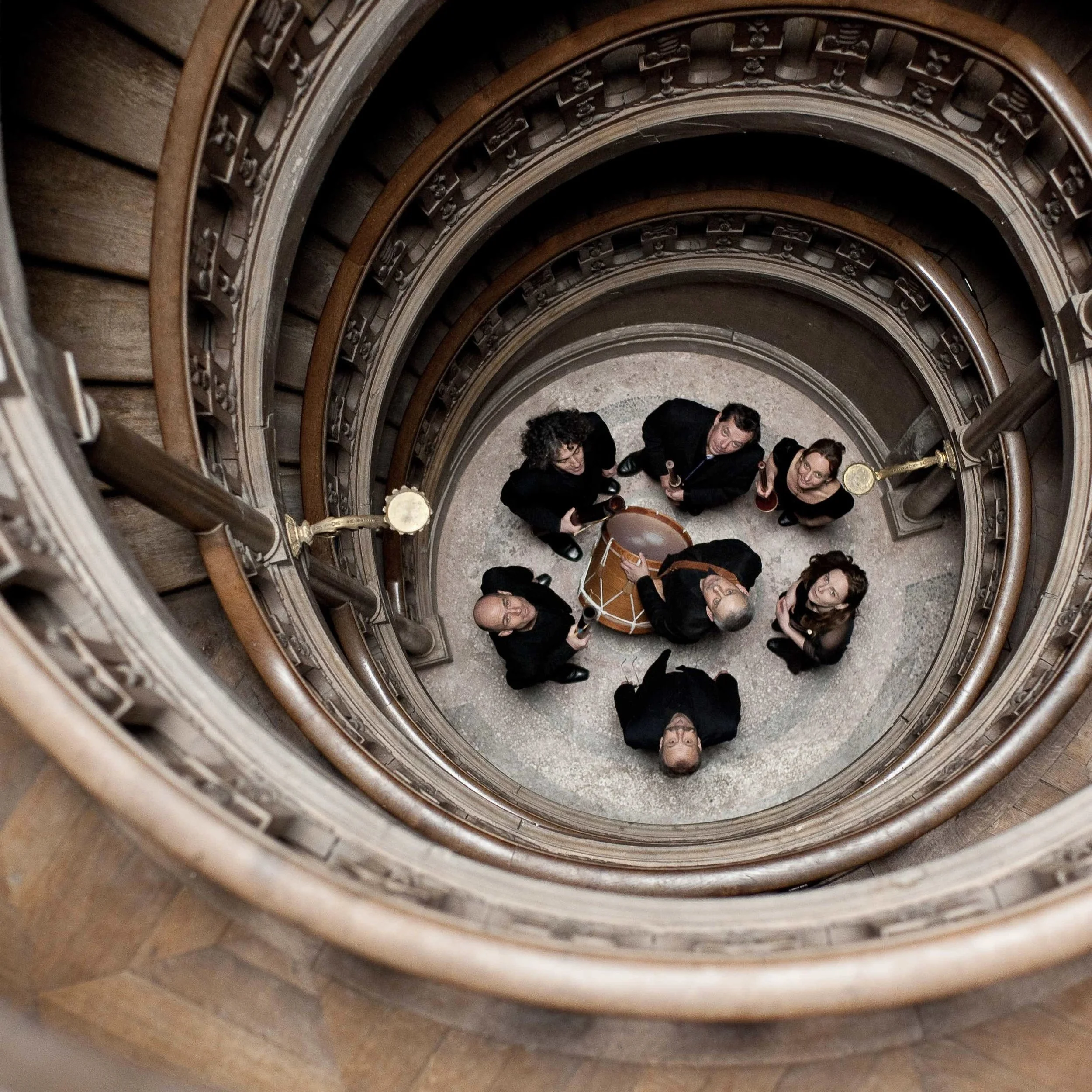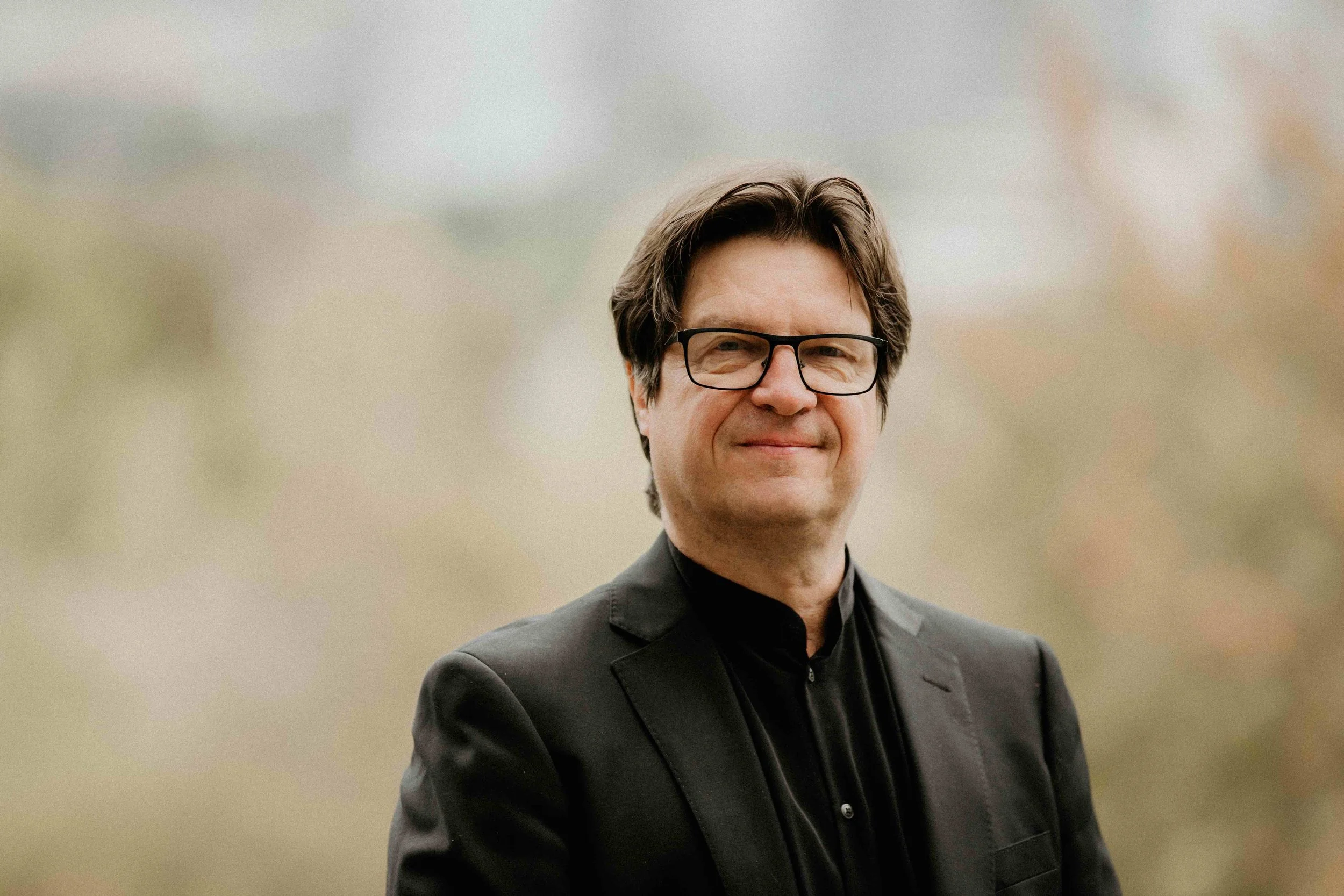The importance of family fuels jazz guitarist Jeff Parker and the New Breed's Suite for Max Brown
The jazz fest artist uses sampling and sequencing on an album made with his mother in mind
Appearing at the TD Vancouver International Jazz Festival, guitarist Jeff Parker creates music that follows its own dream logic, with unexpected transitions and layered, sampled sounds.
TD Vancouver International Jazz Festival presents Jeff Parker & the New Breed in an online concert at 10:30 p.m. on June 28.
IN SOME ABSTRACT yet entirely fitting way, Jeff Parker’s latest recording is both emblematic of his approach to music and entirely unlike anything else he’s ever done.
Parker’s a jazz-trained guitarist, rooted in the DIY philosophy of Chicago’s Association for the Advancement of Creative Music and further schooled by more than 20 years as a member of postrock pioneers Tortoise. So why has he just released a cover of David Bowie’s “Soul Love”, from the late pop god’s classic The Rise and Fall of Ziggy Stardust and the Spiders from Mars?
“Because he was asked to,” would be the short answer.
“This music supervisor named Drew McFadden reached out to me about covering a David Bowie tune for this compilation he was putting together, kind of focused on Bowie’s influence, influences, and relationship to African-American diasporic music—you know, jazz, gospel, R&B, et cetera, Parker explains in a telephone interview from his Los Angeles home. “And, you know, it wasn’t my first choice of tune to pick. I was initially working on a weird cover of the tune ‘Suffragette City’, but I told Drew that, and he suggested ‘Well, why don’t you try “Soul Love”?’ And I didn’t know it, but I heard it and went ‘Well, this is kind of a groovy, cool tune. Sure, we can do that.’”
Parker’s “Soul Love” isn’t weird, exactly, but like a lot of the 54-year-old musician’s work it follows the kind of dream logic that makes for unexpected transitions and sudden shifts of mood—most noticeably in his decision to base his version on a sampled drum loop from the original that then mutates into a chirpily beguiling prog-pop vamp, followed by a ‘60s-inflected soul-jazz guitar solo.
“I just wanted to do something creative with it,” he says, laughing.
“Soul Love” also features Parker’s teenage daughter Ruby on vocals—which was McFadden’s choice, but reflects the value that the guitarist puts on family. His band, the New Breed, and its eponymous 2016 album were named for the clothing store that his late father owned during the 1970s. And his latest full-length, Suite for Max Brown—on which Ruby also appears—was made with his mother Maxine in mind. (The teenage “Max” also appears on the cover.)
“It’s not like I wrote a suite for my mom; it’s just that I kind of named the record for her,” Parker says. “You know, The New Breed was received quite well, and I wish my father had been around to see how much it meant to people and how well it did. So for the next thing, since my mom’s still around, I wanted to have something that she’d appreciate.”
In fact, she loves the record, Parker happily reports. What remains to be seen is how well the disc will translate to the concert stage. Suite for Max Brown is very much a studio effort, with Parker playing bass and keyboards in addition to his usual electric guitar, and borrowing on his love of hip-hop production techniques for its sampled and sequenced rhythms. It’s an intricate, layered undertaking, but Parker says that the three other members of the New Breed—his second family, essentially—have all stepped up to ensure a smooth transition to the live format.
“Actually, the only person who’s just playing one instrument is me!” he reports with another laugh. “I mean, I made the music on a lot of different instruments, but man, those guys, they really went way beyond anything I expected. Paul [Bryan], he bought a Korg MS-20 [bass synthesizer] and learned how to play it so he could go on tour and re-create this stuff, complete the bass chair. With Josh [Johnson], there’s tunes where he’s playing saxophone and keyboards at the same time! It’s really kind of profound—and his saxophone is effected; he harmonizes it so he can play more than one line at once. And Makaya [McCraven], he’s playing the sampler as well as drumming.
"We try and fill out all the parts—and we do a pretty good job!”














